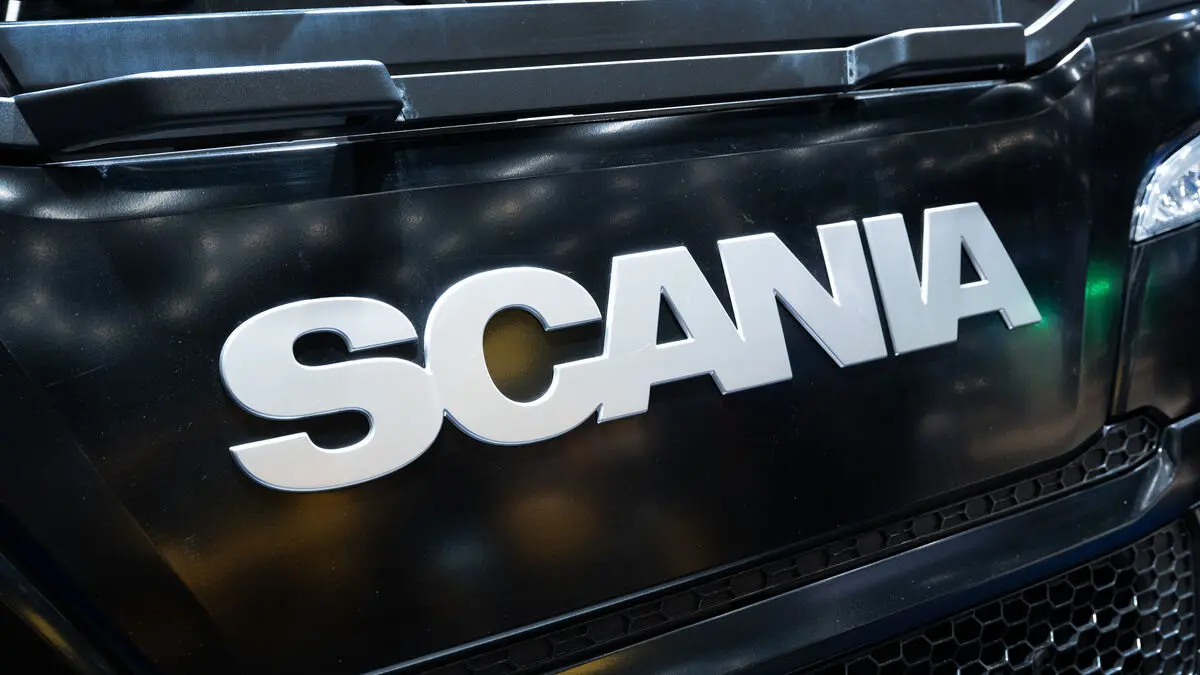Scania owner Traton's share rises almost 3 percent after the interim report.
It's still tough out there. We have, above all, a strong currency headwind that hits us hard, says Scania CEO Christian Levin to TT.
Levin – who is also the group CEO of the VW-controlled and listed Scania owner Traton – is particularly pleased that order intake is up 26 percent for trucks in annual terms. In addition, Scania is increasing its market share in the important European market.
And we see that the service business is going very strongly, says Levin.
I think we will get the margin in order as well, he adds.
The order book describes Levin as well-filled and demand is starting to come back in Europe.
The trade conflict between the US and Brazil – an important market for Scania – is, however, a wild card.
Trying to predict what the Trump administration comes up with is very difficult, says Levin.
”Scania's heart”
Scania is currently making a major investment in building up industrial presence with a new product line in China. At the same time, Scania has announced that 750 administrative employees in Södertälje will be laid off.
Those two things are not connected to each other at all.
In China, Scania is building what Levin calls a "mini-Scania". And what's happening in Södertälje is a way to globally "shorten decision-making paths, flatten structures, get closer to the customer and become faster".
We are constantly reviewing the structure and adapting to be competitive. But Södertälje will always be Scania's heart. It will always be where we have all functions – except for the headquarters.
Scania is in talks about battery deliveries from Lyten, which has bought the bankrupt Northvolt's estate.
But it's too early to say what it will result in. In the meantime, we have acquired other suppliers in Asia, so we will continue to ramp up electric vehicle deliveries.
”Very unfortunate”
The problem when it comes to electric vehicles is, however, not on the production side.
Demand is not increasing at all as we had planned for, says Levin.
He sees the explanation in deficiencies in European charging infrastructure and a transport sector that has difficulty seeing that it will become cheaper to switch to electric vehicles.
It's very unfortunate.
The EU's goal is for 35 percent of trucks to be electric in five years. This can be compared to today's levels of 1.5 percent.
The Södertälje-based truck and bus manufacturer Scania – part of the German Traton group – reports an adjusted operating result of 5.2 billion kronor for the third quarter of the year. This is a profit increase of 26 percent compared to the same quarter last year.
Sales revenue for the quarter fell 3 percent to 47 billion kronor. Deliveries of trucks also fell 3 percent, to 19,768 trucks. But order intake for trucks rose 26 percent to 19,275 trucks (of which 133 were electric).
Source: Scania






